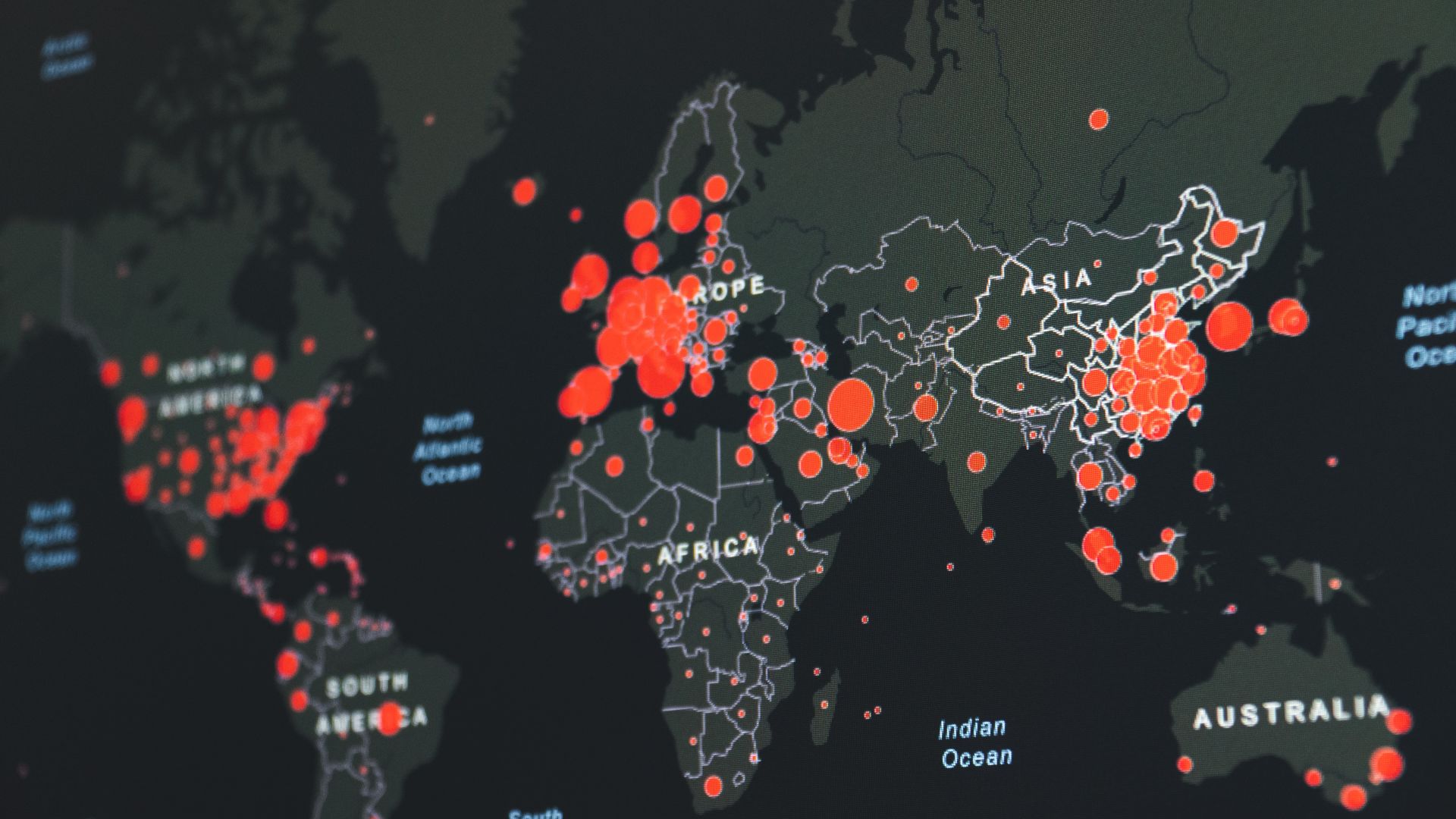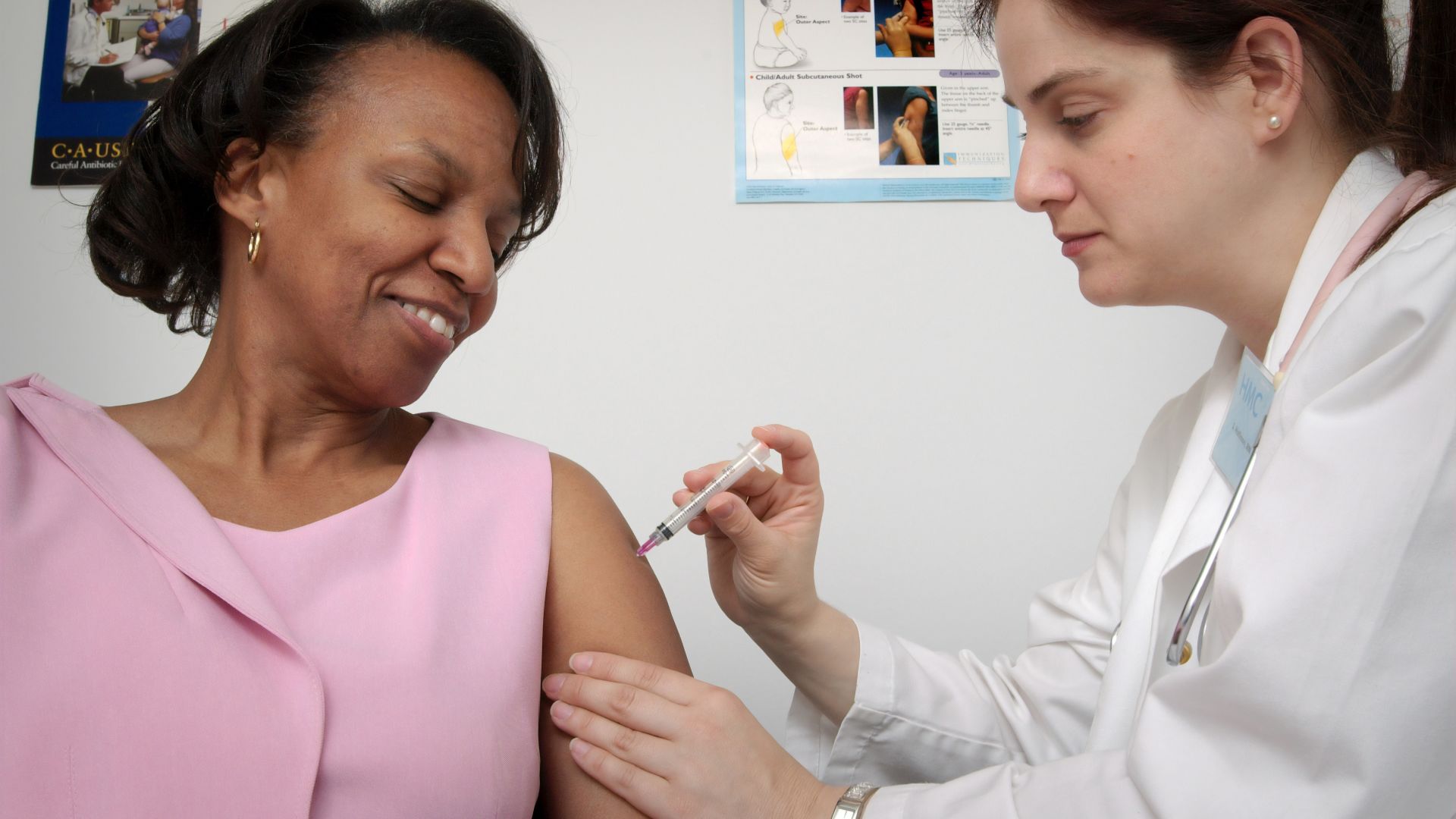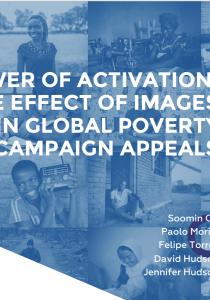
In an April 2020 poll, a large share of the British public reported that progress toward reducing global poverty will be at risk because of the Covid-19 pandemic unless rich countries take action: 47% agreed with the statement, 11% disagreed, while 25% neither agreed nor disagreed.
It’s clear from the data that the public believe progress could be lost, but what progress? Are the public aware of what’s been achieved or the extent to which global efforts and cooperation have reduced poverty worldwide? And how does the public’s perception of progress affect propensity to donate or support organisations working overseas?
In a July 2020 survey we found that the public are largely unaware of progress toward poverty reduction in recent decades. In the survey, we presented respondents with 16 statements and asked them to rank each based on their believability. When told that globally, the number of people living in extreme poverty declined from 36% in 1990 to 10% in 2015, a majority, 57% of people said the statement was false or likely false. 13% said the statement was “likely true,” and only 3% said that extreme poverty had declined.
In the same survey, we gave respondents a series of statements that conveyed belief in the positive impact of aid efforts. For example one of the statements was, 'Increasing UK overseas aid spending to address poor health systems and access to health care in developing countries is the right thing to do.' When we crossed these statements with the factual awareness statements above, we saw a correlation between those who were believed in the awareness statements and those who believed in the impact and/or importance of overseas aid during the pandemic. In other words, those who reported an awareness of current aid challenges were more likely to believe in the impact of aid. It's important to point out that these impact questions centered on global health, but an interesting finding nonetheless.
41% of respondents said it is “believable/likely true” that “100 million people are forced into extreme poverty due to healthcare costs every year.” Likewise, the public gave credence to the statement, “Children are more than twice as likely as adults to live in extreme poverty,” with 39% deeming it “believable/likely true.”
One exception, however, struck the public as credible. 51% of respondents rated this statement as believable/likely true: “Since 2000, measles vaccines have averted nearly 15.6 million deaths.” Possibly the ubiquity of measles vaccination campaigns – anyone born after 1968 in the UK has likely received a measles shot – could mean the public are already aware of progress by virtue of experience. By contrast the statement about global poverty might reveal either a general ignorance of progress toward poverty reduction or a broad-sweeping cynicism about the state of the world. Perhaps both.
Hope vs. pity
But if the British public held a more positive outlook toward poverty reduction – for example through campaigns that emphasized progress and potential, rather than helplessness - would it make a difference for support for charity overseas? Our data suggests that it might. Our research also shows a clear correlation between feelings of hope and willingness to donate, when compared to feelings of pity, repulsion, anger and guilt.
Here, our research shows that these feelings of hope – inspired by positive, empathy-oriented messaging in the second campaign – not only elicited a willingness to donate, also inspired efficacy, or the feeling that one can make a difference. Our research establishes efficacy as one of the keys to long-term charitable support.
By comparison, the more traditional, pity-based campaign elicited anger and guilt – both also strongly correlated with donating – but these effects were to an extent cancelled out by simultaneous feelings of repulsion. Importantly, a positive appeal – underpinned with notions of the progress that can be made in addressing global poverty – proved just as likely to elicit donations as the pity-based campaign, with the added benefit of efficacy.
Leading by example
Could it be, then, that the aid sector’s over-reliance on pity-based tactics, paired with a dearth of messages about progress, have contributed to widespread public ignorance of strides against global poverty? It isn’t fair of course to pin all the blame on the sector. In the midst of so many simultaneous global crises, a lockdown that has effectively further locked people into their own digital spheres of news and information, a public metabolism that seems to subsist on negativity is no surprise. But it’s worth pointing out that when it comes to information, aid agencies and donors are the best-equipped for breaking that cycle. Those addressing the problem know how to explain progress. Consider for example a recent campaign by UNICEF for World Children’s Day on 20 November. Note that both the text and image encourage the viewer to envision a world “free of disability discrimination.” This tactic still manages to acknowledge suffering – widespread discrimination faced by children with disabilities – while emphasizing what is possible, rather than choosing a route that relies on guilt or anger.



































